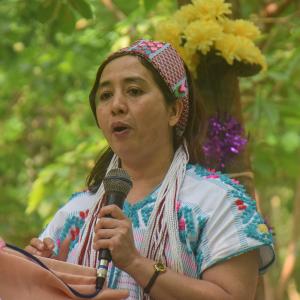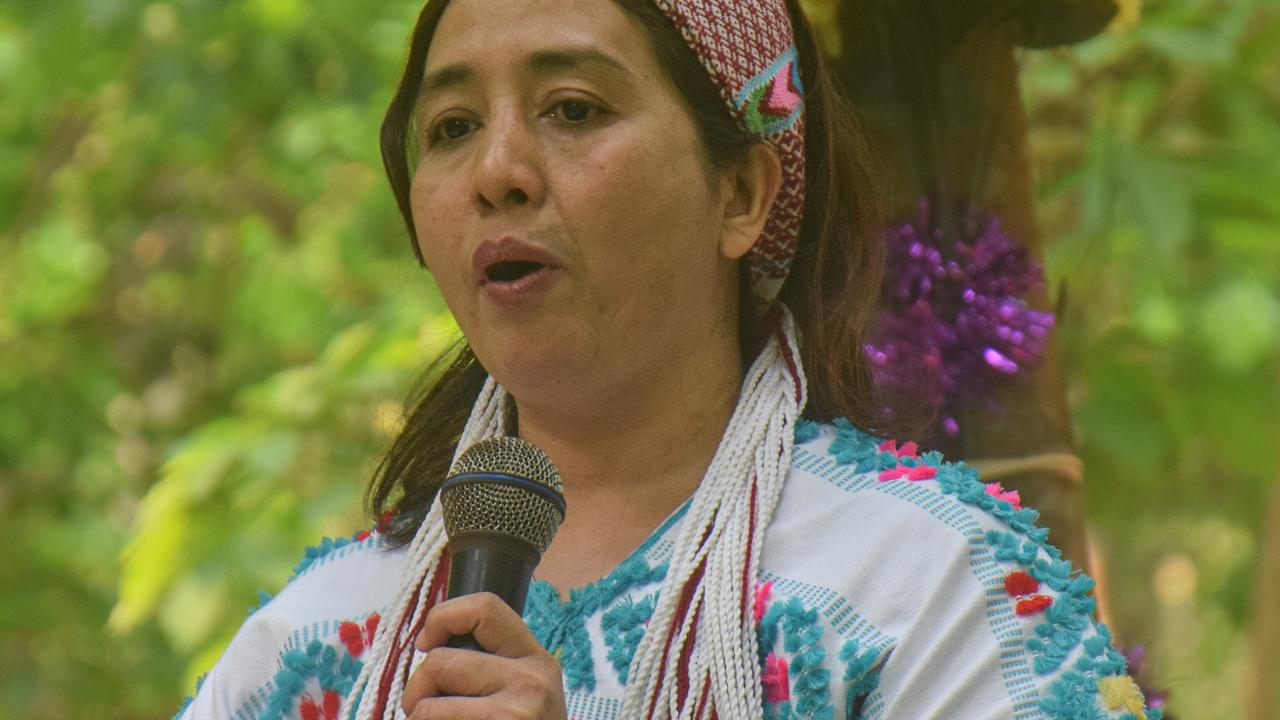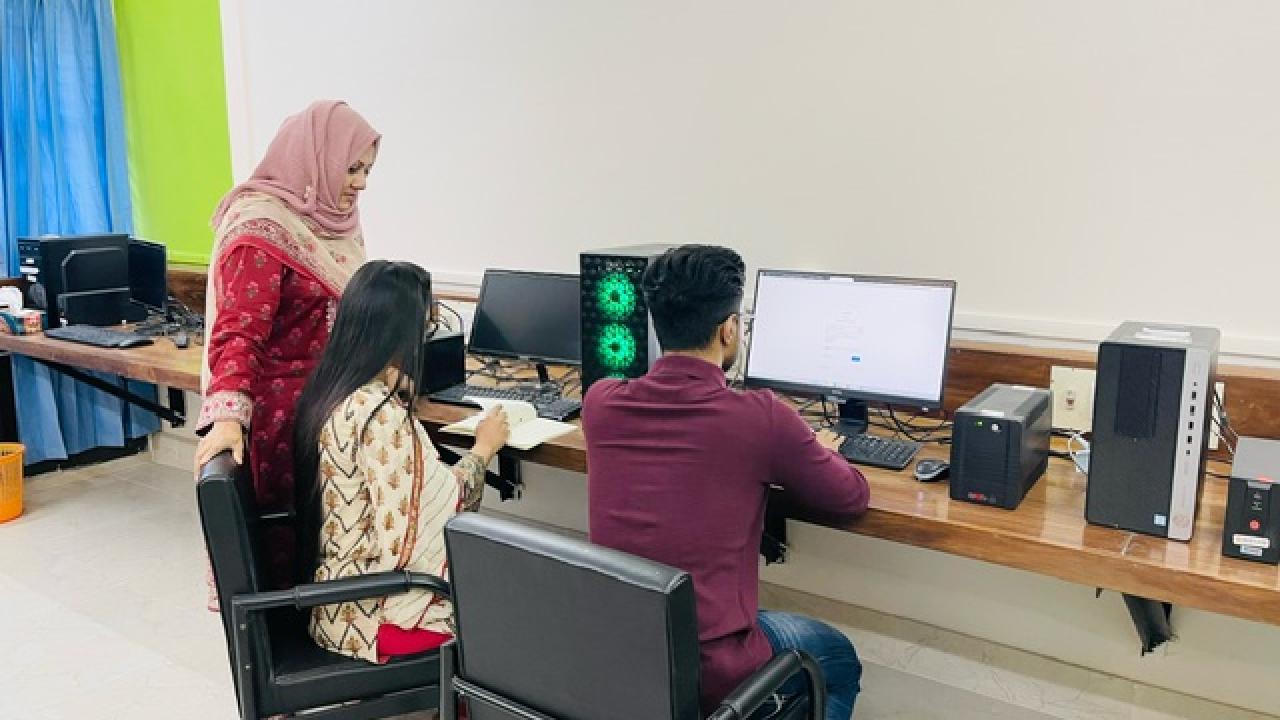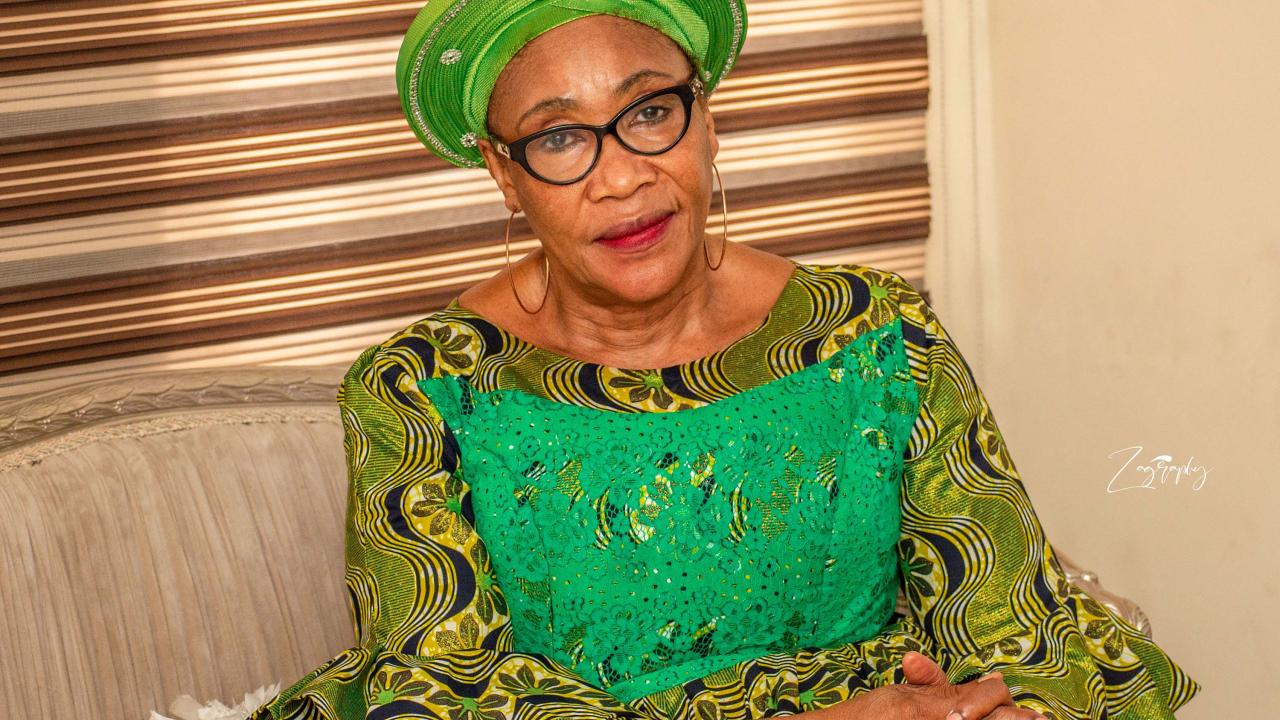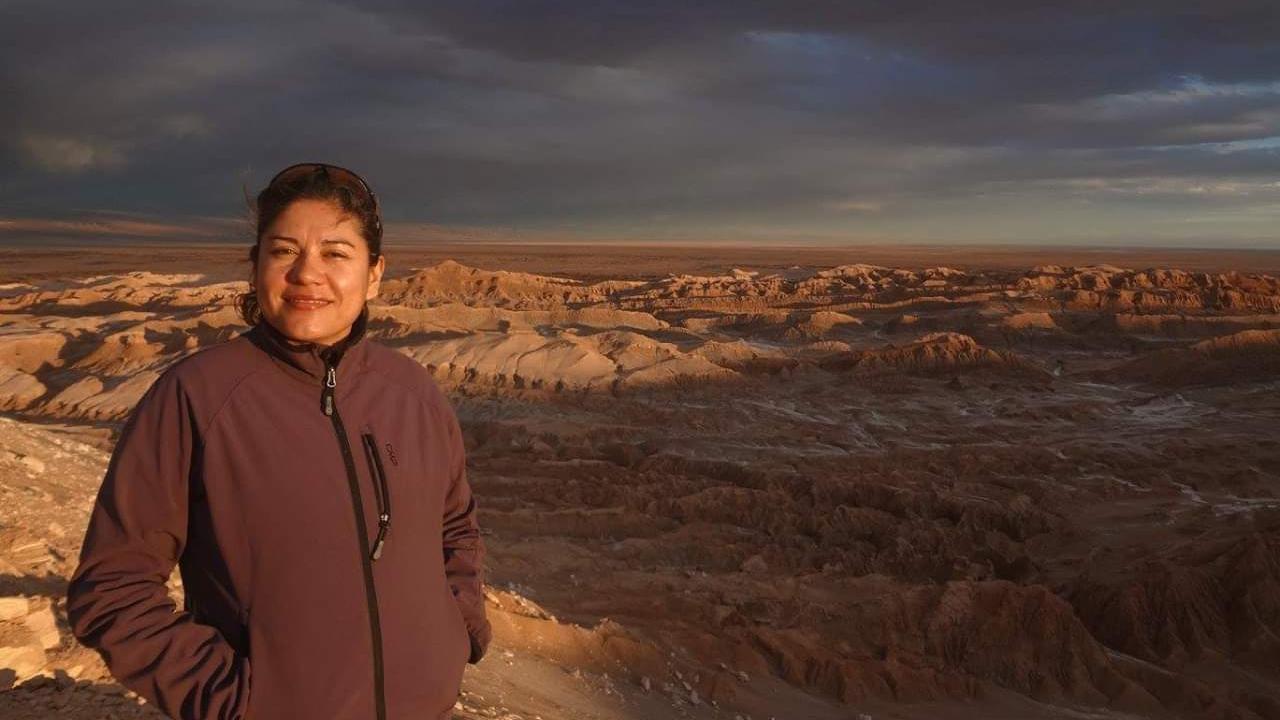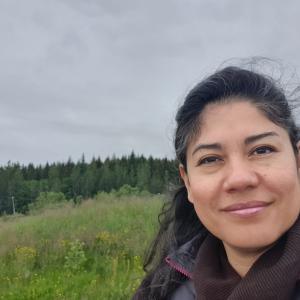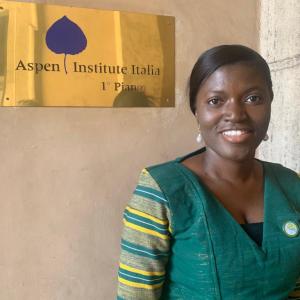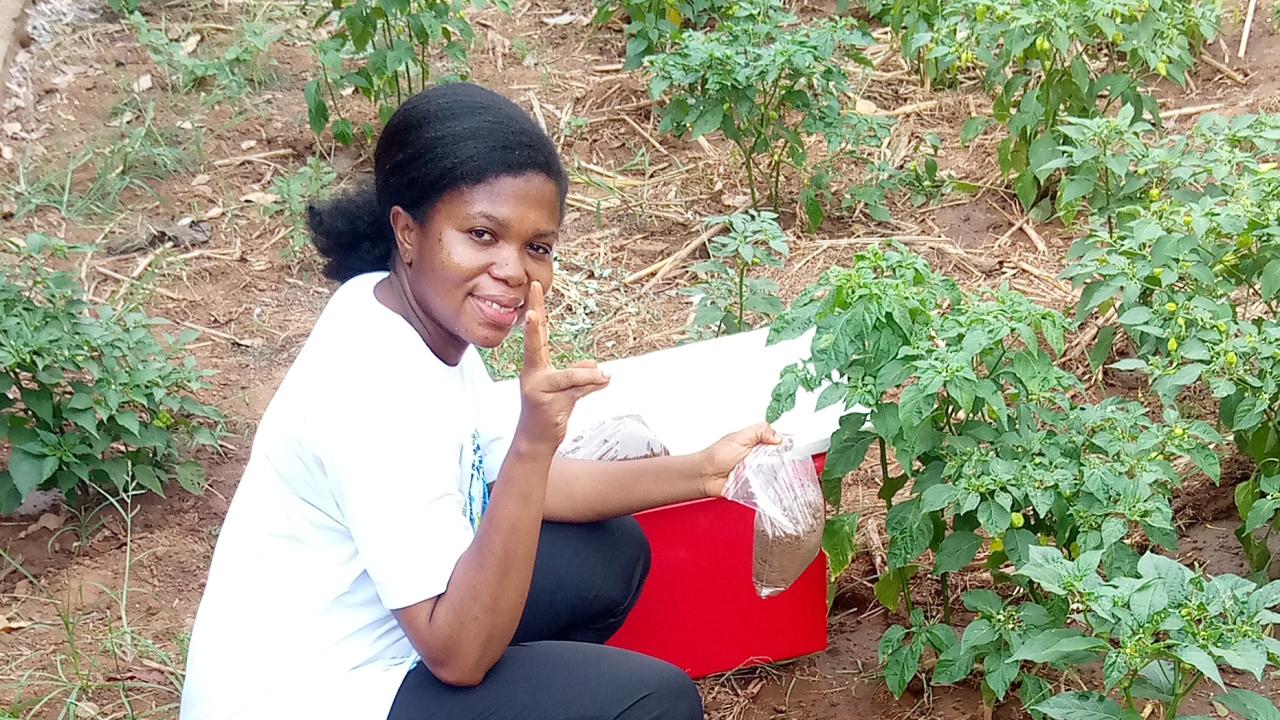Preserving Myanmar's biodiversity through DNA fingerprinting
Preserving Myanmar's biodiversity through DNA fingerprinting
Agricultural scientist Myo Ma Ma Than is working to conserve indigenous orchids in Myanmar, and empower women in Myanmar’s agricultural economy.
In 2004, Myo Ma Ma Than was awarded an OWSD fellowship to pursue a PhD at the University of Calcutta in India. There, she studied the endangered orchid Bulbophyllum auricomum Lindl., the royal flower of Myanmar.
- THE CHALLENGE: Myanmar’s biodiversity is under increasing pressure, with its indigenous orchid—the nation’s symbolic flower—facing the threat of extinction. Their loss would mean the disappearance of unique genetic traits vital to both the environment and the economy.
- THE SOLUTION: DNA fingerprint profiling to identify indigenous genetic seed stock and support conservation.
Myanmar is home to between 1000-1500 species of orchids, but little research has been done about the karyomorphology (chromosomal structure) of the Orchidaceae family generally. This information can tell a lot about a plant's origins, evolution, and adaptability under various conditions. Using DNA fingerprinting profiles, Myo Ma Ma Than has been able to detect and characterise genetic variability in orchid seed stock, which could lead to improved in vitro conservation methods.
Though essential for conservation of biodiversity, research like Myo Ma Ma Than’s is nearly impossible to do from within Myanmar. Many scientists go abroad for their PhDs but are not able to maintain the same level of research when they come home.
We cannot apply our advanced techniques here…[We have] very limited laboratories, no equipment…even the electricity, we have four hours on, four hours off.
Myanmar was under military rule from 1962-2011, which led to political isolation and subsequent lack of investment and development. A decade of democratic rule from 2011-2021 ushered in fast economic growth and optimism, but instability erupted again in 2021 after a military coup deposed the elected government. This has led to sanctions from many other governments, which have set the country back again in terms of scientific progress.
The COVID-19 pandemic was a further blow to making any advancement. Still, despite the deep challenges, Myo Ma Ma Than remains committed to making a better future for Myanmar and its people.
We’re waiting to get new opportunities for our future…We stay in our country, we try our best.
How OWSD helped
In 2004, Myo Ma Ma Than was awarded an OWSD fellowship to pursue a PhD at the University of Calcutta in India.
